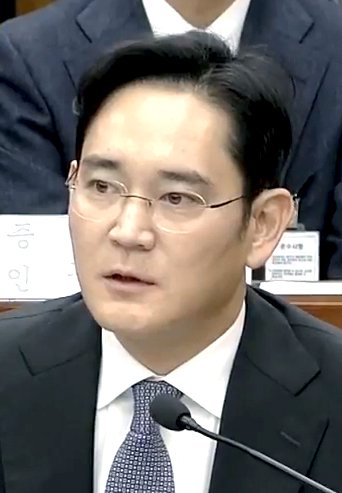A South Korean court has refused a request by prosecutors to issue an arrest warrant for Samsung Electronics Vice-chairman Lee Jae-yong.
On January 19, the judge ruled that there was insufficient reason to arrest Lee Jae-yong over accusations of bribery, embezzlement and perjury.
Lee Jae-yong, known professionally as Jay Y. Lee had been waiting for the ruling overnight since a hearing on January 18.
The allegations were part of a corruption scandal which led parliament to impeach President Park Geun-hye.
Samsung Electronics, which has consistently denied any wrongdoing, said in a statement that the “merits of this case can now be determined without the need for detention”.
President Park Geun-hye is accused of abusing her position by colluding with her close friend Choi Soon-sil to use their relationship to secure millions of dollars from major companies. The money was allegedly paid into Choi Soon-sil’s non-profit foundations in exchange for favorable government treatment.

Prosecutors allege that Samsung paid 43 billion won ($36.3 million) to secure government support for a controversial merger of two of its affiliates.
Samsung has acknowledged making the payments but insists it did not expect anything in return.
South Korea’s special prosecutors had declared Lee Jae-yong a criminal suspect and made a formal request for an arrest warrant earlier this week.
However, the judge ruled that after reviewing the evidence it was “difficult to acknowledge the necessity and substantiality of an arrest at the current stage”.
Opposition lawmakers said the decision was “regrettable” and ignored the strength of public sentiment.
Correspondents say prosecutors’ hopes of stretching criminal proceedings to include President Park Geun-hye may have been knocked off course by the refusal to issue a warrant against Lee Jae-yong.
Samsung is South Korea’s most high-profile company, and its sales are equal to about a fifth of the country’s GDP.
Park Geun-hye, who has faced massive public protest in recent months, has been stripped of her presidential powers while the constitutional court considers her impeachment.
